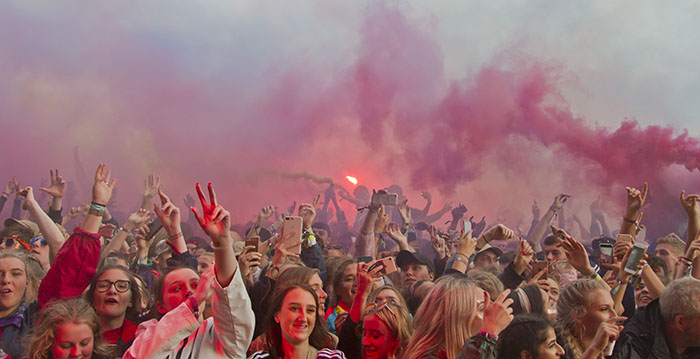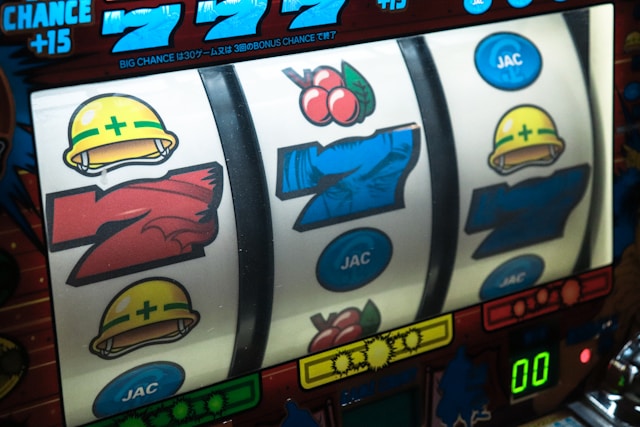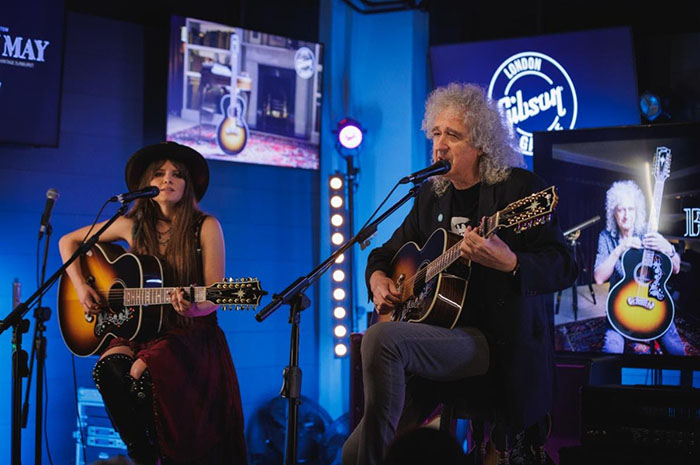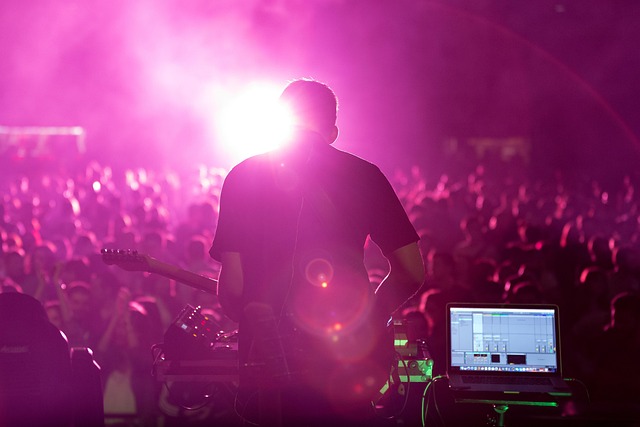Music is a universal language that unites people all over the world. It has been proven to have a positive impact on mental health, and its therapeutic qualities have been praised by experts. Music festivals are one of the most popular forms of entertainment in the world. From Coachella to Glastonbury, people gather in thousands to share the experience, the energy, and the excitement of live music performances. But do you know the history of music festivals? It’s a fascinating story that goes back centuries and spans multiple cultures. In this blog, we will explore the origins of music festivals and how they have evolved over time.
Music festivals have been around for centuries, but the modern version of the festival can be traced back to the 1960s when the counterculture movement began. The first festival that paved the way for all future festivals was the Monterey Pop Festival in 1967. It was a three-day event that featured legendary performers such as Jimi Hendrix, Janis Joplin, and The Who. The festival attracted over 200,000 people and was a defining moment in music history. It set the precedent for all future music festivals, and soon other festivals started popping up all over the world.
The Woodstock Music & Art Fair, held in August 1969, is considered the most iconic festival of all time. It was a three-day event that attracted over 400,000 attendees. Woodstock represented the pinnacle of the counterculture movement, and its success inspired a wave of similar festivals across the world. The concept of celebrating music and camaraderie in a natural setting was a revolutionary idea, and it quickly became popular among young people.
In the 1980s, electronic dance music started to gain popularity, and the first rave parties began to appear in Europe. Raves were underground parties that featured techno and house music and were held in abandoned warehouses or outdoor locations. These parties were characterized by a sense of community, unity, and freedom of expression. Raves soon became mainstream, and outdoor electronic dance music festivals such as the Electric Daisy Carnival and Tomorrowland started to emerge.
Today, music festivals are a global phenomenon. They attract millions of people from all over the world, and they are an important aspect of the music industry. Festivals have evolved to accommodate different musical genres, and they have become cultural events that celebrate art, fashion, and food. From small gatherings to massive events that span several days, music festivals have become a part of our lives, and they provide a platform for artists to showcase their talent to a wider audience.
Conclusion:
Music has the power to bring people together, and music festivals are a testament to that fact. From their humble beginnings in the 1960s to the massive events that we see today, music festivals have become an integral part of our culture. They provide a platform for artists, bring communities together, and promote positive change. The history of music festivals is rich and storied, and it’s fascinating to see how they have evolved over time. Whether you’re a fan of classic rock, electronic dance music, or any other genre, there is a music festival out there that will cater to your tastes. So why not pack your bags and head out to the next one? It’s an experience that you won’t soon forget.









Comments are closed.